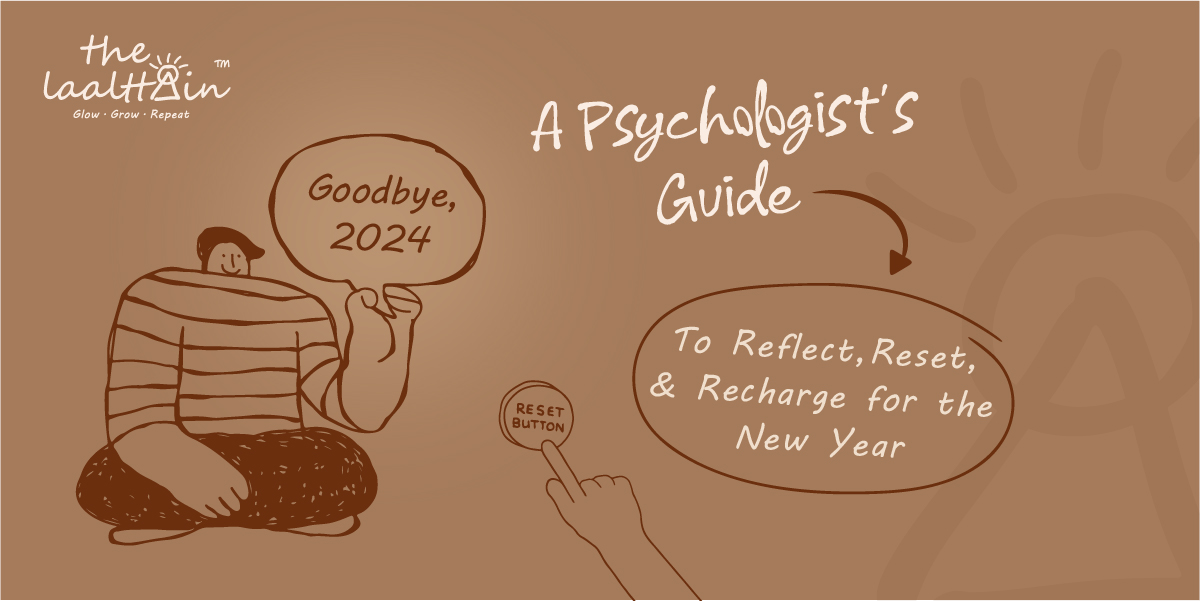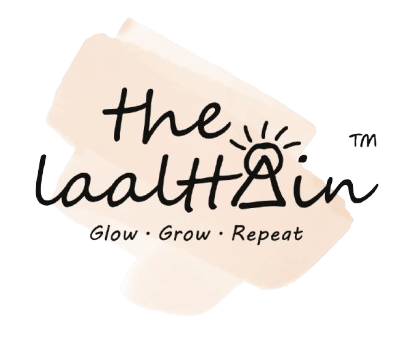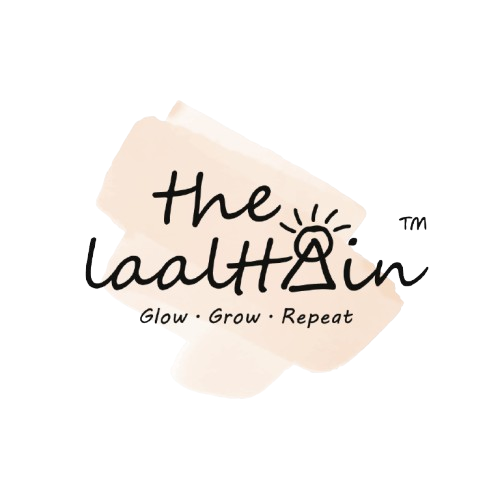
As we wrap up 2024, let’s ditch the pressure to declare the year either a triumph or a disaster. Life is a blend of highs and lows, and the end of the year is an opportunity to pause, reflect, and step into 2025 with clarity and intention. This blog is your guide to evaluating the year in psychological and emotional terms—practicing gratitude (without the fluff), letting go, and starting fresh.
Let’s make this about real growth, not perfection.
Reflection Is Not a Performance Review
When we hear “reflection,” it often feels like a school report card—judging successes and failures. That’s not the approach I subscribe to. Reflection is about understanding, not scoring. It’s an ongoing process, but the year-end gives us a nudge to do it more consciously and formally. Here’s a method I recommend for meaningful reflection:
What did I learn or unlearn?
This could be about yourself, relationships, or life in general. If you enjoy categorizing, divide this into five areas: Emotional, Intellectual, Social, Spiritual, and Physical health. Then, assign a score to each category out of 10. Keep this record for next year to track your growth and make healthy comparisons.
If you prefer a more free-flowing approach, picture yourself in December 2023 and jot down the major themes of this year. For example:
- Learned new ways to communicate with my parents.
- Unlearned the compulsion of needing a plan to party every weekend.
- Gained a deeper understanding of nutrition.
- Let go of the habit of nitpicking my spouse or friends.
What challenged me?
Don’t shy away from naming the struggles—they’re part of your story. This year might have thrown some real curveballs—maybe work stress, relationship struggles, or even just sticking to good habits like eating healthy or exercising. It’s okay to admit where things felt tough.
For instance, you might have faced burnout because you kept saying “yes” to everyone at work or had misunderstandings with loved ones because you couldn’t find the right words. Maybe it was even about dealing with unexpected changes like moving cities or losing someone close. Whatever it was, take a moment to name those struggles. They’re not just setbacks—they’ve shaped who you are and are a vital step toward moving forward.
What am I proud of? And which strategies worked?
Celebrate the small wins: getting out of bed on a hard day, being kind when it wasn’t easy, or even just surviving. But also reflect on what you did differently in terms of strategies.
For example, every year, I felt unhappy about my lack of consistency with physical workouts. Last December, I realized that my strict belief—that exercise must be done early in the morning—was creating problems. Living in North India, where the seasons bring varying temperatures, this rigid schedule often failed. Winters made it hard to wake up early; monsoons disrupted jogging plans, and so on.
This year, I challenged that belief and allowed myself to exercise at any time of the day. The only rule was to keep a relatively empty stomach. And voila! I was far more consistent with my workouts throughout 2024.
Gratitude Without the Toxic Positivity
Gratitude often gets a bad rap because it’s framed as ignoring struggles and focusing only on the good. But real gratitude is deeper. It’s about acknowledging what helped you cope, even in the messiest moments.
Here’s a practical way to practice gratitude:
Think about one moment in 2024 when you felt supported or at peace. Who or what contributed to that? It could be God, a person, a circumstance, a pet, or even your own self.
Write it down or simply sit with the feeling for a moment. Start saying thank you to that contributor repeatedly.
With your eyes closed, imagine or assign a color that represents the feeling of gratitude for you. For example, if it’s purple, visualize this color filling your body and radiating out like rays of the Sun. Continue this for 2-3 minutes.
Note how you feel after this exercise. Gratitude isn’t about erasing struggles; it’s about finding anchors that kept you afloat.
Let Go of the Weight You Can’t Carry
Holding on to unresolved feelings or unmet goals from the year can be emotionally heavy. Closure doesn’t mean pretending everything’s fine—it means deciding what’s worth carrying forward. Just like annual house cleaning, we need a mental cleanup too. The words someone said that still linger in your mind, the monetary loss from a broken phone, or the social embarrassment you faced—whatever won’t serve you in 2025 needs to be broomed off. Leave it in 2024. Only take the lessons forward.
Try this simple exercise:
Write a letter to 2024. Include everything: the wins, the losses, and the things that didn’t make sense. Then shred it, burn it, or delete it. Symbolic acts like this can be powerful for emotional release.
Set Intentions, Not Overwhelming Goals for 2025
The start of a new year often brings pressure to make dramatic changes. But resolutions can feel like a setup for failure. Instead, focus on intentions—small, sustainable habits that align with how you want to feel.
Here’s how to get started:
Ask yourself, What do I want to feel in 2025? Calm, connected, resilient?
Break that feeling into actions. For example, if you want to feel more connected, commit to checking in with one friend or family member weekly.
- Small steps create big shifts over time.
- A Psychologist’s Tip for Closure
Before the year ends, take time for one simple ritual:
Find a quiet moment. Reflect on everything 2024 brought you—the good, the bad, and the confusing.
Visualize placing all of it into a mental “box” and closing it. This doesn’t erase the past, but it helps contain it so you can move forward.
Conclusion: Step Into 2025 With Compassion
2025 isn’t a magic wand that will fix everything. But it’s an opportunity—a fresh page to write with more intention, clarity, and kindness toward yourself. Reflect, release, and carry the lessons of 2024 with you—not the baggage.
Here’s to a year of growth, healing, and being unapologetically human.

